Richest 1% of Americans Own 33.8% of Country’s Private Wealth and 23.5% of Its Income!
[Remember the song by The Barenaked Ladies called “If I Had a Million Dollars“? Well, if you were one of the many ultra-wealthy around the world who were worth billions (see list) and earns billions of dollars each year, year after year, where could you possibly spend such riches? Well, frankly, even being very extravagant, it actually is surprisingly difficult to spend that much money – and there’s the rub. While this article, on one hand, outlines where and how a billionaire could make a small dent in his fortune (the uplifting part) it outlines, on the other hand, just how concentrated wealth is in the U.S. these days and the adverse effect such a concentration is having on our society.] Words: 2156
Lorimer Wilson, editor of www.munKNEE.com, has reformatted and edited […] an article* by Dave Johnson entitled “Understanding Extreme Wealth/Income Gap” (www.ourfuture.org) and expanded it with the inclusion of aspects of an article** entitled Extreme Inequality helped cause Both the Great Depression and the Current Economic Crisis” from Washington’s Blog (www.WashintonsBlog.com) into one article below for the sake of clarity and brevity to ensure a fast and easy read. (Please note that this paragraph must be included in any article re-posting to avoid copyright infringement.) Johnson’s article goes on to say the following with Washington’s Blog information so noted:
Many people… just don’t understand how much wealth there is at the top now. [It] is so extreme that it is beyond most people’s ability to comprehend [and,] if people understood just how concentrated wealth has become in our country and the effect is has on our politics, our democracy and our people, they would demand our politicians do something about it.
How Much Is A $Billion?
How much is a billion dollars? … [Well,] the median income in the U.S. is around $50,000, meaning half of us make less and half of us make more. If you make $50,000 a year, and don’t spend a single penny of it, it will take you 20,000 years to save a billion dollars…
How Do People Spend SO Much Money?
Good question. After you own a stable of politicians who will cut your taxes, there are still a few more things you can buy. Let’s see what $1 billion will buy.
1. Cars
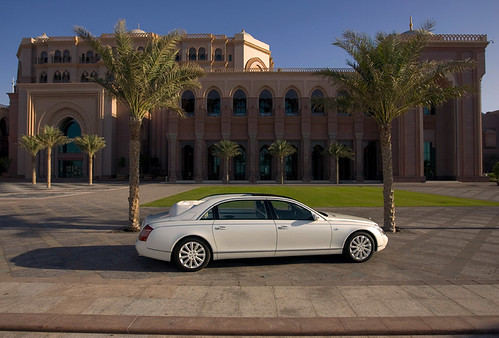
2. Luxury Hotels

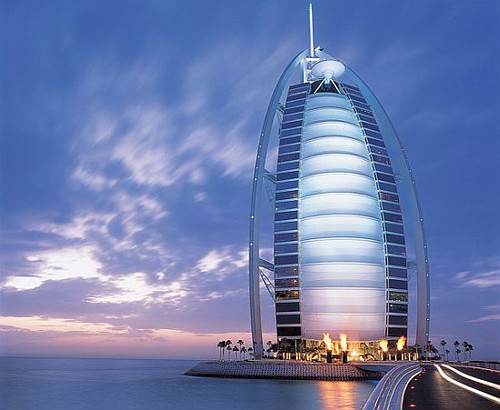
3. Yachts

4. Private Jets
Of course, there are private jets. There are approx. 15,000 private jets registered in the US according to NBAA…The Gulfstream G550, pictured below, can be picked one up for around $40 million – maybe $60 million top-of-the-line.

6. Private Islands
If the rabble are getting you down you can always escape to a private island. [The picture below is of Boltd Castle (I’ve been there!) in among The 1000 Islands of the St. Lawrence River between Rockport and Mallorytown, Ontario, Canada on the border with the USA between Alexandria Bay and Morristown, New York. It is currently on the market] for only $24.5 million – castle included!
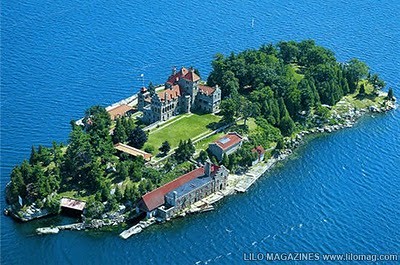
7. Mansions
This “modest” home below (it actually is, for the neighborhood it is in) is offered right now at only about $8 million [and that pales in comparison to many other houses that sell for in excess of $30 million dollars – imagine $30,000,000 for a house!]
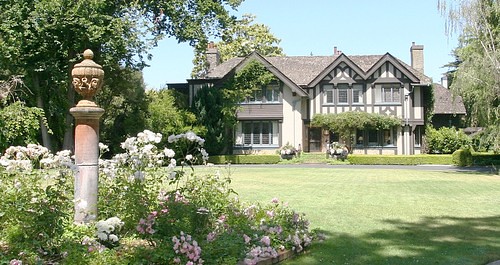
8. Luxury Items
[Some] watches…are more expensive than a Ferrari. The ones in this picture costs more than $5 million – each!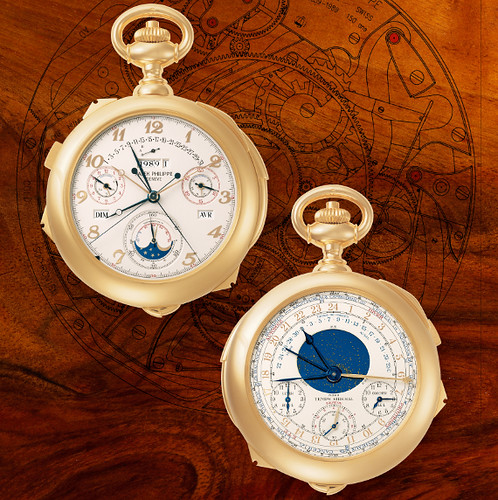
Summary
Your change… [would be] a meager $821.5 million. You might be hard up for cash after such a spending spree, but you could still stay in a $20,000 room every night for 112 and 1/2 years [if you should live so long!]. So, as you see, $1 billion is more than enough to really live it up.
How Extreme Is The Concentration of Wealth?
The concentration of wealth is increasing. According to the Working Group on Extreme Inequality, the top 1% [of Americans] took in 23.5% of all of the country’s income in 2007. In 1979 they only took in 8.9% – [and] it is concentrating at the expense of the rest of us. Between 1979 and 2008, the top 5% of American families saw their real incomes increase 73%, according to Census data. Over the same period, the lowest-income fifth (20% of us) saw a decrease in real income of 4.1%. The rest were just stagnant or saw very little increase. This is why people are borrowing more and more, falling further and further behind.
[According to the editor of www.toomuchonline.org “perhaps the most dramatic stats of all on our growing tilt toward the top are that:- In 2007, the latest year with IRS stats available, America’s 400 highest-earning taxpayers collected an average $344.8 million each in income. They paid 16.6 percent of that, after exploiting all the loopholes they could find, in federal income taxes.
- In 1955, the top 400 collected on average, in 2007 inflation-adjusted dollars, just $12.8 million each. They paid, after exploiting all available loopholes, 51.2 percent of that in taxes.”]
Sign up for our FREE weekly “Top 100 Stock Market, Asset Ratio & Economic Indicators in Review”
Income vs. Wealth
There are a few people who make hundreds of millions of income in a single year – some people make more than $1 billion in a year – in a single year. If you make vast sums every year, after a while it starts to add up. Then there is the story of inherited wealth, passed down and growing for generation after generation.
Again, according to the Working Group on Extreme Inequality: “In 2007, the latest year for which figures are available from the Federal Reserve Board, the richest 1% of U.S. households owned 33.8% of the nation’s private wealth. That’s more than the combined wealth of the bottom 90 percent.”
[In fact,] the combined net worth of the Forbes 400 wealthiest Americans in 2007 was $1.5 trillion almost equally that of the combined net worth of the poorest 50% of American households at $1.6 trillion.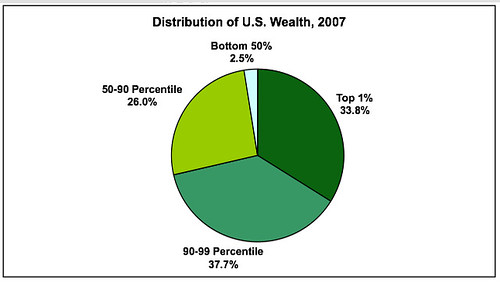
Corporate wealth is also personal wealth. When you hear about corporations doing well, think about this chart:
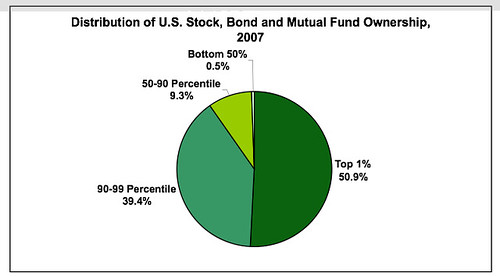
The richest 1% also own 50.9% of all stocks, bonds, and mutual fund assets. The top 10% own 90.3%.
Imagine: The U.S. is the 42nd Most Unequal Country in the World!
[The Washington’s Blog article reports there is greater inequality between the “haves” and the “have nots” in the U.S. than, believe it or not, in countries such as Tunisia, Yemen and even Egypt. According to the CIA World Fact Book, where the lower the score is, the greater the equality, that:- the U.S. is ranked as the 42nd most unequal country in the world, with a Gini Coefficient of 45
- Tunisia is ranked the 62nd most unequal country, with a Gini Coefficient of 40
- Yemen is ranked 76th most unequal, with a Gini Coefficient of 37.7 and
- Egypt is ranked as the 90th most unequal country, with a Gini Coefficient of around 34.4.]
Inequality in the U.S. has soared in the last couple of years, since the Gini Coefficient was last calculated, so it is undoubtedly currently much higher. [See graph below of how of much the income share of the highest income homes have increased in the past 30 years.]
Our country’s concentration of wealth is worse than [the situation in] Egypt. [Can you believe it!] Richard Eskow writes:
[The Washington’s Blog article asked why Egyptians rioted recently, while Americans continue to be so complacent, and believe that it is because Americans consistently underestimate the amount of inequality in their country having been – until recently – some of the wealthiest people in the world, with most having plenty of comforts (and/or entertainment) and more than enough to eat and, as William Alden wrote… upon reviewing a report entitled “Building a Better America — One Wealth Quintile At A Time” by Dan Ariely of Duke University and Michael I. Norton of Harvard Business School … (read the full study here)… last September:Here’s the reality: Income inequality is actually greater in the United States than it is in Egypt. Politicians here have close financial ties to big corporations, both personally and through their campaigns. Corporate lawbreakers often do go unpunished. Poverty and unemployment statistics for U.S. minorities are surprisingly similar to Egypt’s.
Americans vastly underestimate the degree of wealth inequality in America, and we believe that the distribution should be far more equitable than it actually is…All demographic groups — even those not usually associated with wealth redistribution such as Republicans and the wealthy — desired a more equal distribution of wealth than the status quo. The report… shows that across ideological, economic and gender groups, Americans thought the richest 20 percent of our society controlled about 59 percent of the wealth, while the real number is closer to 84 percent.]
The Harmful Effects of Wealth Concentration
1. Increased Financial Risk-taking by Wealthy This concentration of wealth is having a harmful effect on the rest of us – and even on the wealthy. When income becomes so concentrated people who would otherwise think they are well-off look up the ladder, see vastly more wealth accumulating, and think they are not doing all that well after all. This leads to dissatisfaction and risk-taking in an effort to accumulate even more wealth and this risk-taking is what leads to financial collapse.
2. Negative Attitude of Wealthy Towards Have-nots The concentration of so much wealth in the hands of so few is also bad psychologically. People need to feel that they have earned what they have, and develop theories about why they have so much when others do not. Bizzare and cruel explanations like Ayn Rand’s psychopathic theories about “producers” and “parasites” take hold. Regular people become little more than commodities, blamed for their misery (“personal responsibility”) as they become ever poorer.
Who in the world is currently reading this article along with you? Click here to find out.
3. Misplaced Regard for Wealthy Teddy Roosevelt, speaking to educators about “False Standards Resulting From Swollen Fortunes,” warned that while teachers believe their ideals to be worth sacrifice and so do non-renumerative work for the good of others, seeing great wealth makes people think that obtaining wealth is itself a lofty ideal, saying:
The chief harm done by men of swollen fortune to the community is not the harm that the demagogue is apt to depict as springing from their actions, but the effect that their success sets up a false standard, and serves as a bad example to the rest of us. If we do not ourselves attach an exaggerated importance to the rich man who is distinguished only by his riches, this rich man would have a most insignificant influence over us.
4. Greater Physical and Spiritual Harm In the book The Spirit Level: Why More Equal Societies Almost Always Do Better, Richard G. Wilkinson and Kate Pickett make the case that great inequality harms us physically as well as spiritually, and that these harmful effects show up across society. The book examines social relations, mental health, drug use, physical health, life expectancy, violence, social mobility and other effects and show how inequality worsens each.
5. Influence Buying By Wealthy In the book Winner-Take-All Politics: How Washington Made the Rich Richer–and Turned Its Back on the Middle Class, Jacob Hacker and Paul Pierson make the case that the anti-democracy changes we have seen in America since the late 1970s that led to intense concentration of wealth and income are the intentional result of an organized campaign by the wealthy and businesses to use their wealth to, well, buy even more wealth.
Conclusion
[As much as we probably would enjoy all the trappings a billion dollars would bring us] we owe it to ourselves to come to grips with this problem of [too much much wealth in the hands of too few]. We owe it to democracy to begin taxing high incomes and inheritance again. [IMO] we owe it to future generations to use a temporary wealth tax to pay off the debt.
**http://www.washingtonsblog.com/2010/12/extreme-inequality-helped-cause-both.html
Editor’s Note:
- The above article consists of reformatted edited excerpts from the original for the sake of brevity, clarity and to ensure a fast and easy read. The author’s views and conclusions are unaltered.
- Permission to reprint in whole or in part is gladly granted, provided full credit is given as per paragraph 2 above.
- Sign up to receive every article posted via Twitter, Facebook, RSS feed or our FREE Weekly Newsletter.
wealth
 munKNEE.com Your Key to Making Money
munKNEE.com Your Key to Making Money
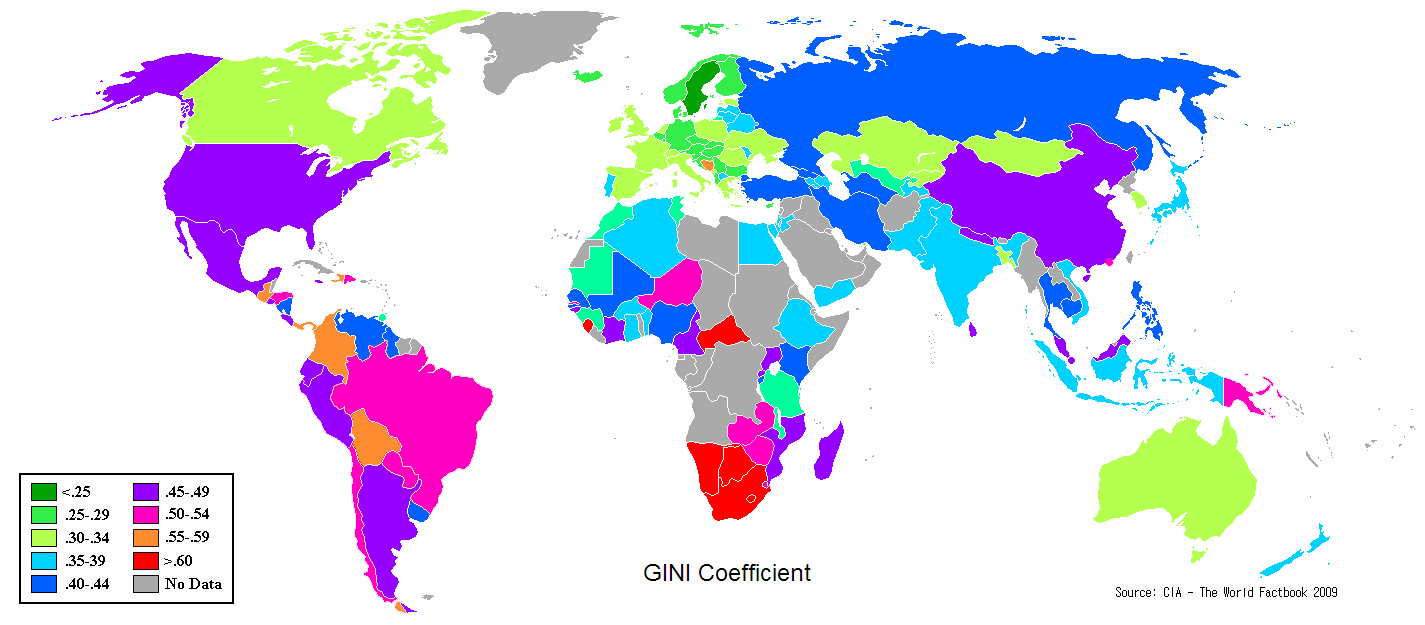

Good summary.
Perhaps the most dramatic stat of all, on our growing tilt toward the top:
In 2007, the latest year with IRS stats available, America’s 400 highest-earning taxpayers collected an average $344.8 million each in income. They paid 16.6 percent of that, after exploiting all the loopholes they could find, in federal income taxes.
In 1955, the top 400 collected on average, in 2007 inflation-adjusted dollars, just $12.8 million. They paid, after exploiting all available loopholes, 51.2 percent of that in taxes.